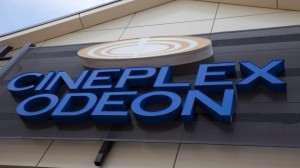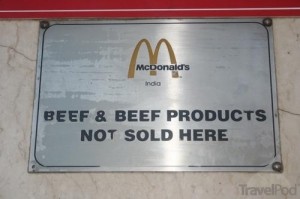This is in response to Ryan Un’s blog post “Is Microsoft in Trouble?”

Most of us have a tendency to associate Apple with glossy, modern technology and Microsoft with software for computers of the past. In the past few years, as Ryan points out, this trend has been reflected in Microsoft’s hugely declining profits. With an increasing number of the younger generation purchasing technology for reasons other than functionality, Microsoft is struggling to appeal to “cool” crowds.
Even with the release of Windows 8 and the Surface tablet, Microsoft is just too little, too late in the market. Its products and system are looking increasingly like Apple copycats, and unless Windows can offer some serious brand value to consumers, its products will be unable to pull Microsoft out of the red. Microsoft needs to focus on competing against rivals through product quality, system superiority and differentiation from Apple. Moves such as opening Canada’s first Microsoft store with a remarkably similar layout to the Apple store in the same mall will only communicate to consumers that its product is the same as Apple’s, only without the brand association. Apple grew because it was radically different than existing products in the market and if Microsoft should take anything from its rival, it should be just that.
The Globe and Mail report on Microsoft’s new store:



